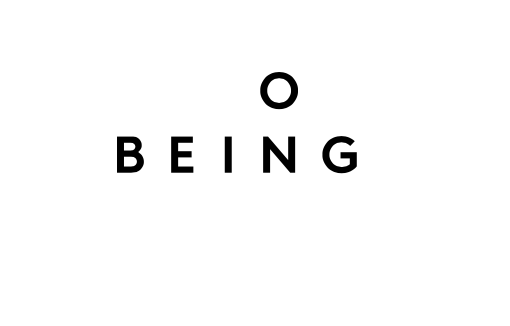Content:

adrienne maree brown On Radical Imagination
On Being
07/03/2024
The wonderful civil rights elder Vincent Harding liked to look around the world for what he called “live human signposts” — human beings who embody ways of seeing and becoming and who point the way forward to the world we want to inhabit. And adrienne maree brown, who has inspired worlds of social creativity with her notions of “pleasure activism” and “emergent strategy,” is surely one of these.
We’re listening with new ears as she brings together so many of the threads that have recurred in this season of On Being: on looking the harsh complexity of this world full in the face while dancing with joy as life force and fuel and on keeping clear eyes on the reasons for ecological despair while giving oneself over to a loving apprenticeship with the natural world as teacher and guide.
brown: And I always uplift my friend Terry Marshall. He was the first person to say this to me, that we’re in an imagination battle, which just blew my mind, and I think about it often; that we live in this abundant world, and we’ve been told it’s scarce. And then we’re given all these stories of scarcity. And because of that scarcity, we have to fight each other constantly. We live in a world where there’s actually no superiority based on what we’re born into, whether it be skin, sexuality, gender, any of that, but someone has imagined superiority, and someone has imagined it into a structure that we now all —
Tippett: There’s no natural — coming back to that language of what is “natural,” that there’s no “natural” superiority in these things.
brown: No, everyone’s just doing their job. It’s just like, you’re just being a mushroom, you’re just being an oak tree, you’re over there being a daffodil and a sparrow, and we each have work to do. Same amongst humans — we’re just bags of water with the capacity to reason and spiritual callings. [laughs] And we all have that.
But if we imagine that we’re supposed to be divided and we imagine these constructs to live inside, we can get very committed to those constructs. And then our imaginations can get very limited, because it’s just like, oh, what can I dream? For me as a Black, queer woman, it’s like, what are the dreams that I can dream inside of the boxes of Blackness and queerness that someone else has constructed for me?
And that’s never felt like enough room, because I’m a spirit, [laughs] you know? I’m this massive energy like all humans are. So, so much of the work for me, of radical imagination is: what does it look like to imagine beyond the constructs? What does it look like to imagine a future where we all get to be there, not causing harm to each other, and experiencing abundance? And what — how do we make it compelling? Is it — do we tell the right kind of story? Will that make it compelling? Do we need to write new music to make it compelling? How much conflict is necessary to have a compelling future, since humans seem to love it? I’m like, is there a right place for it? [laughs]
Tippett: I think your point is that we can also do it well, or badly; that right now we do it very badly. [laughs]
brown: Oh, you know, we do it badly, but it’s all happening at the same time. So there’s also beautiful imaginations unfolding. And I come from 25 years of being part of movement work where I think movement workers tend to have the most beautiful imaginations.
Tippett: You’ve even spoken about that organizing can be treated like time travel.
brown: Yes, it is.
Tippett: Say some more about that. What does that mean?
brown: Well, we very much have said all organizing is science fiction, right? It’s like, we are reaching into the future, we are trying to project what we can imagine into the future, and organizing is a way of saying, we are going to put our hands directly on the future. We’re not going to sit by and let injustice perpetuate. We are going to get involved and shape it into something that we can all be in. But it’s also time-traveling backwards. So much of organizing is looking back, at what did our ancestors try, what did they learn, what were they up to? What was Harriet Tubman doing? We’re obsessed — I’m obsessed with Harriet Tubman. I’m obsessed with what was it like to walk in her shoes and to face her fears? So I always want to reach back and be like, Okay, well, now what is the Harriet Tubman activity to do in this time? And what does Harriet Tubman up to in 2063, because there’s always someplace that needs justice and liberation.